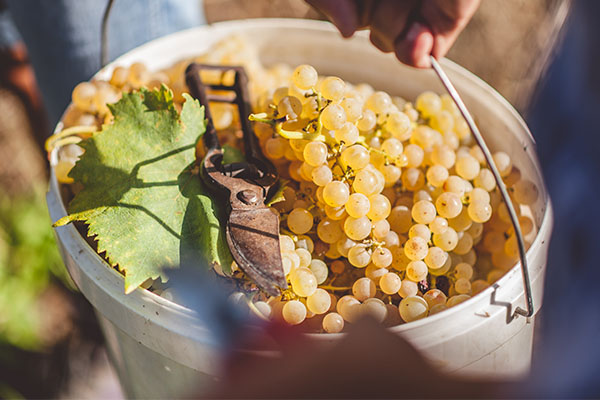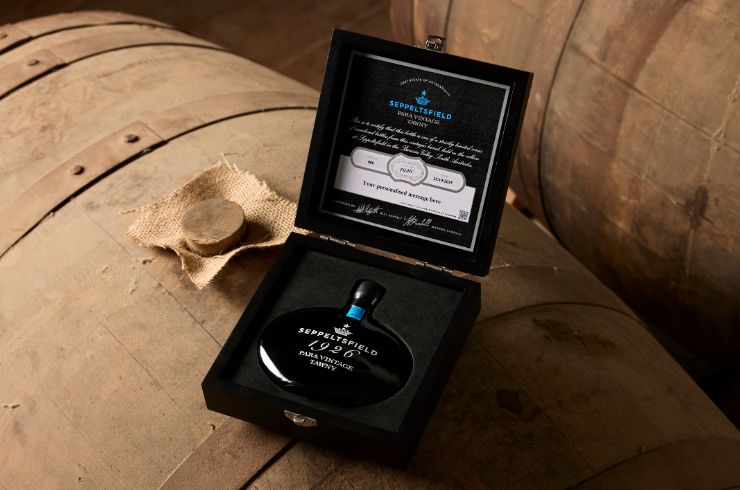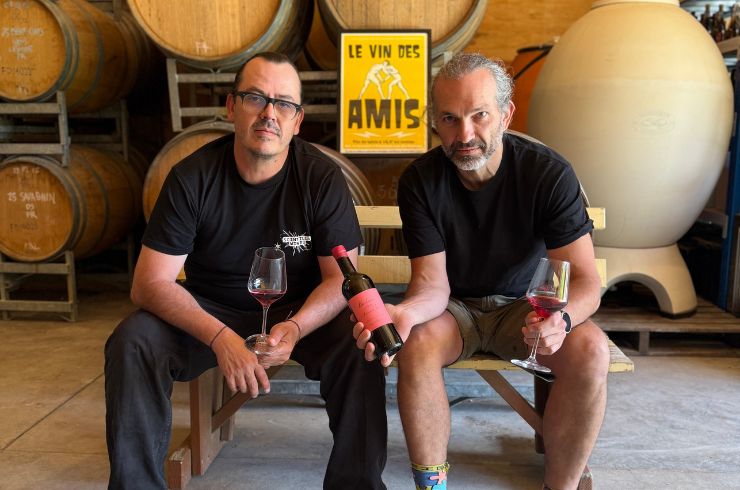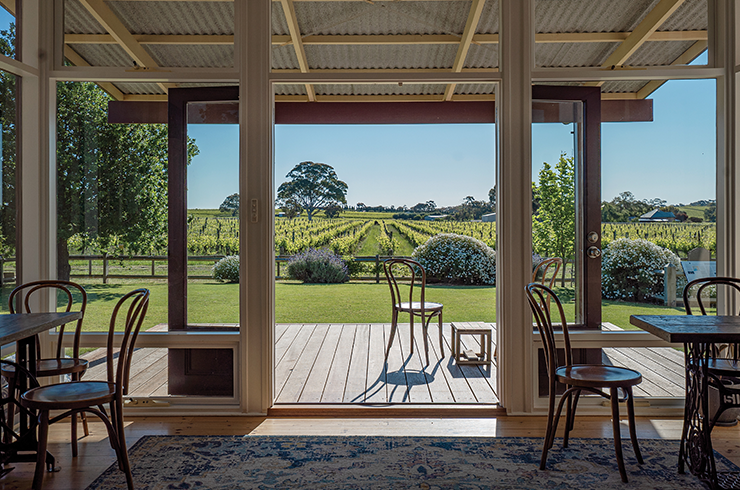“I first thought of making minimal intervention wines when I was in the piazza in northern Italy. Natural wines are a mixture of the new and innovative, with the old and nostalgic. There are many natural winemaking techniques that have been used historically, before the introduction of science. Also, the unusual winemaking styles — using terracotta, ceramics and concrete eggs — have a historical basis from centuries ago. Although clean and crisp wines are respected and enjoyed, there are positive and desired features within minimal intervention wines that are interesting, and different.” — Tim Robertson owner of Lome Wines
“‘Living wine’” sums up what I enjoy about these wines most. It’s a term that I learnt in Paris when I was exposed to natural wine. They are living wines coming from living soils. They have energy and vibrancy that lifts you up like no conventional wine can. It’s the delicacy these wines are handled and made with, with nothing to hide behind, giving great expression of terroir — terroir is what wine’s about, visiting a place though flavour and smell. Plus, they're tasty and make you feel good.” — Kieron Jackson employee at Wine Republic
“There’s a real disconnect between wines tasting honestly — like where they come from. Going to a lot of natural wine fairs, everyone’s asking how much sulfur is added, but nobody is asking where the wine is actually coming from. Wine should taste like the place they’ve come from.” — Lyndon Kubis's owner of The Alps and Toorak Cellars
“They’re high on summer sip-ability with light fizz and interesting flavours! It feels like they have distilled the winemaking process to its essence. Plus, if I'm going to be drinking copious amounts of wine, it may as well be free of additives. Slurp.” — Huei Bot wine appreciator
“Natural wine has a different mouth feel, sometimes a slight fizz, or full on funkiness. It makes normal wine seem dull. And I find it gives less of an overhang if you go a bit wild.” — Sharon McDonald wine appreciator




